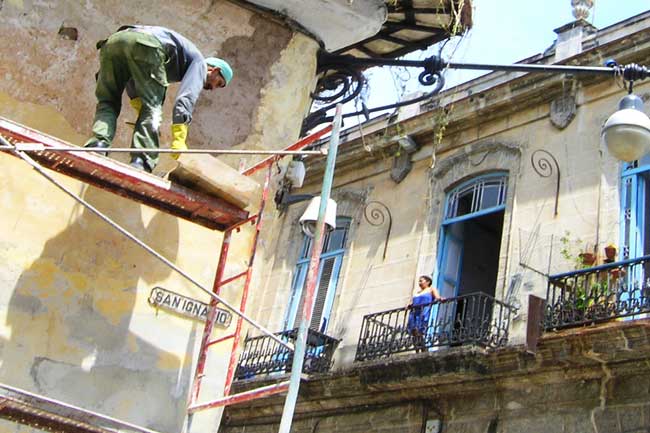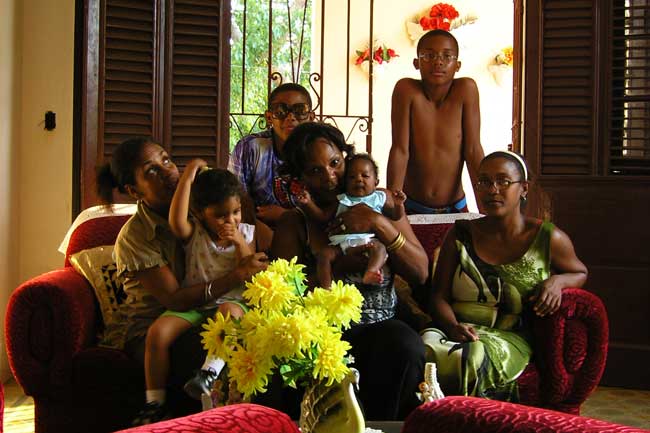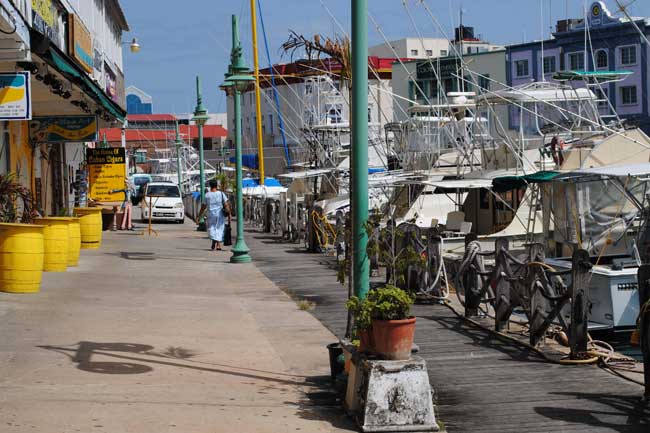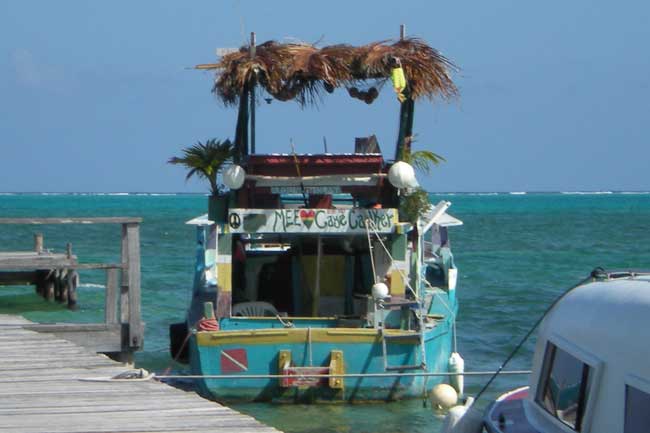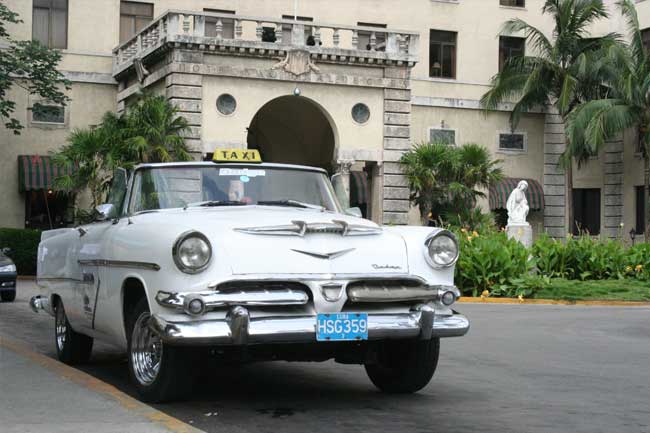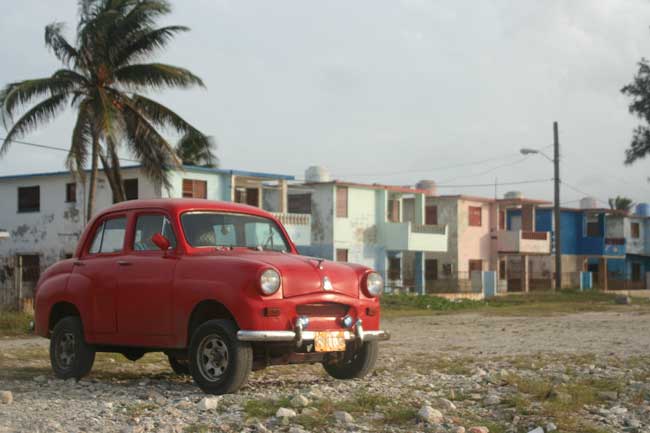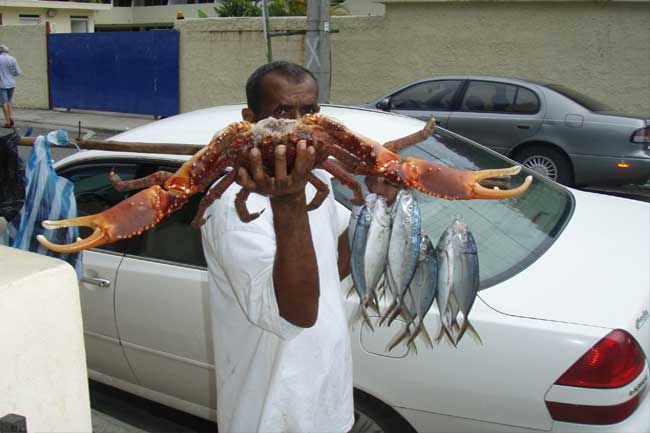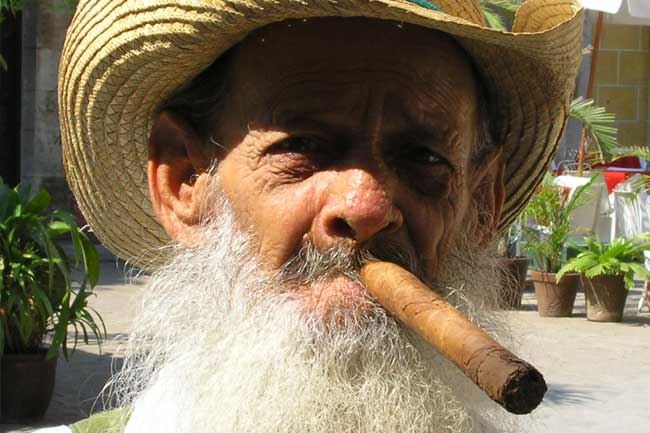This column marks my first contribution to Colorszine. My goal will be to write about our region with all its diversity and its unified history, the philosophical and theological trends, while on the other hand, commenting on the world from a Caribbean perspective that is thoroughly influenced by a deep faith, a philosophical perspective cultivated in the academics of the United States and The Netherlands with a positive outlook at this marvel of creation called the Caribbean, with its Creole languages, its own legitimate versions of Dutch, English, French and Spanish. Creolization is not just a matter of languages that have been formed by some accidental mix or potpourri, but it is a creative force in the world, a pathway to construct that which could have meant the end of peoples, tribes and nations before they could bud in a new reality. Out of the pain of genocide and forced migration, the cruelty of conquests, yes the anguish of that biggest of human drama's, euphemistically called the "middle passage", then the movement of thousands of indentured workers to island nations and countries on the coast of the Americas and in Central America, a new reality was formed and is being formed that challenges the rigid categories of myopic "purist" analysts.
It is a region filled with creativity, filled with a pluriformity, with its own challenges like any region of the world. With complex political realities, from small nations struggling to truly find their place in the world after their independence, to autonomies entities who have love-hate relationships to their "motherlands", to the département d'outre-mer', which have paradoxically enough produced some of the greatest Caribbean thinkers like an Aimé Césaire and an Eduourd Glissant. As one travels through the Caribbean basin, visits the islands, countries like Belize, the Guyanas and Suriname; as one reads the different authors of our region, of which we can pride ourselves with writers like a Boeli van Leeuwen, a Frank Martinus Arion from Curaçao; the great Nobel laureates Derek Walcott and VS Naipaul, great poets like Nicolas Guillen from Cuba and others, one is struck by the imaginative use of language, the ethnic formation of people groups, the formation of creole languages. There is indeed a force that comes from a region that was not meant to be, but was destined and indeed was birthed even before the first European colonist set their feet on its ground. The indigenous communities that travelled the seas and lived around the coasts and on the islands had already established the region's unity and glory. The Caribbean feeds from its roots, to a high degree the African, the indigenous, the European, the Indian Sub-Continent, or in some parts the Javanese and even the Chinese, but in a sense it is more than just one of its roots. It transcends them in a way that if embraced, gives identity, is a contribution to the world. As Derek Walcott, the St. Lucien Nobel laureate states: "I was born on a slave ship." Already on the slave ships, new nations and new realities were formed.
And of course there will always be detractors like the VS Naipaul, the great Trinidadian writer and Nobel laureate who regretfully always distanced himself from the very society that made him such a great writer. He infamously declared that "Nothing happens in the West Indies" or something to that effect. He might have meant it sarcastically, but his writing appears to show a general disdain for the creolization of the Caribbean, although it must be said that he wasn't complimentary about India, the land of his fathers' either. Thus, he remains a great Caribbean writer who kind of negated exactly what makes the Caribbean, the Caribbean. And is this not and has this not been the problem of this our region over the decades? We should embrace our multilingual and multicultural reality, despite of forces of racism and oppression, we as Caribbean peoples can engage the world with our heads held high: Out of many peoples, one people! This region that has produced and will continue to produce great music, food, languages, sports, and culture and not to forget formidable faith. Our inheritance is complex and multifaceted, but that is who we are. God bless the Caribbean! It is good to be a "yu di Kòrsou" which entails being a "son of Caribbean" in all the beauty of its creolized history.


